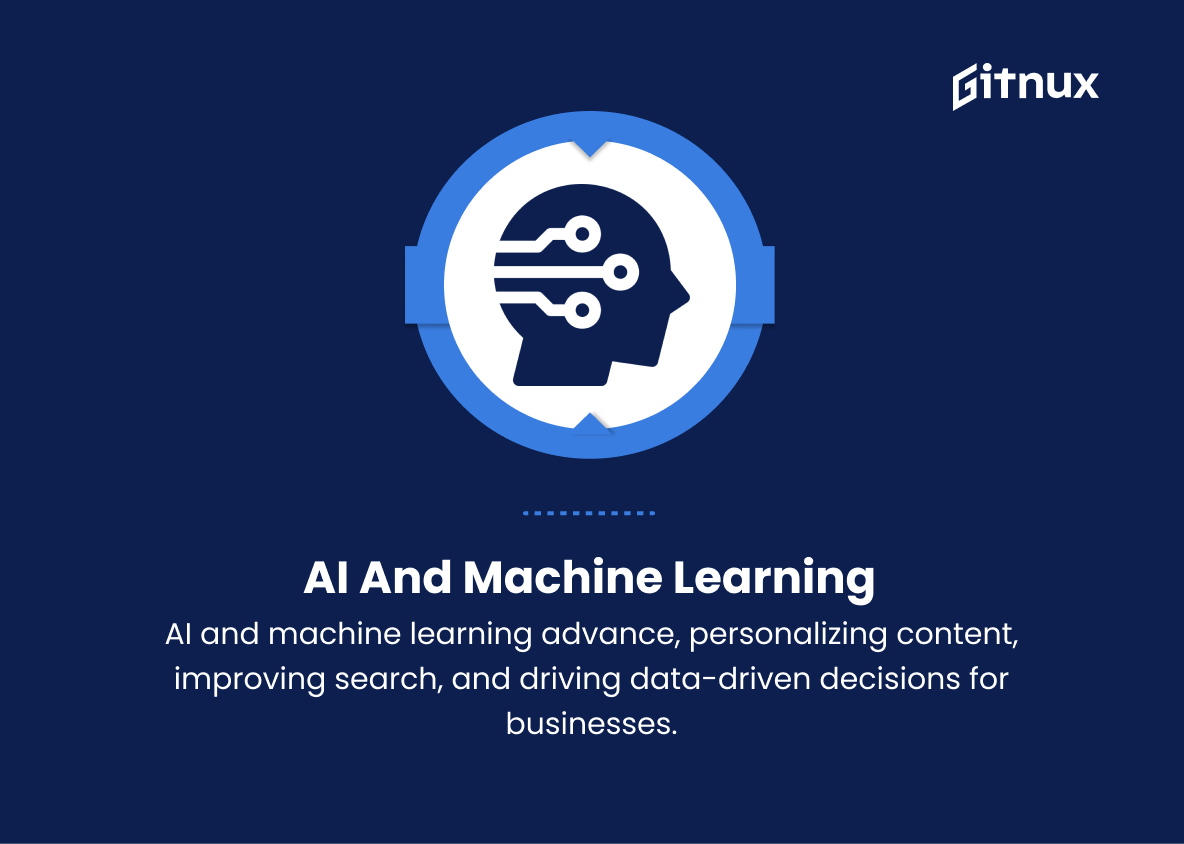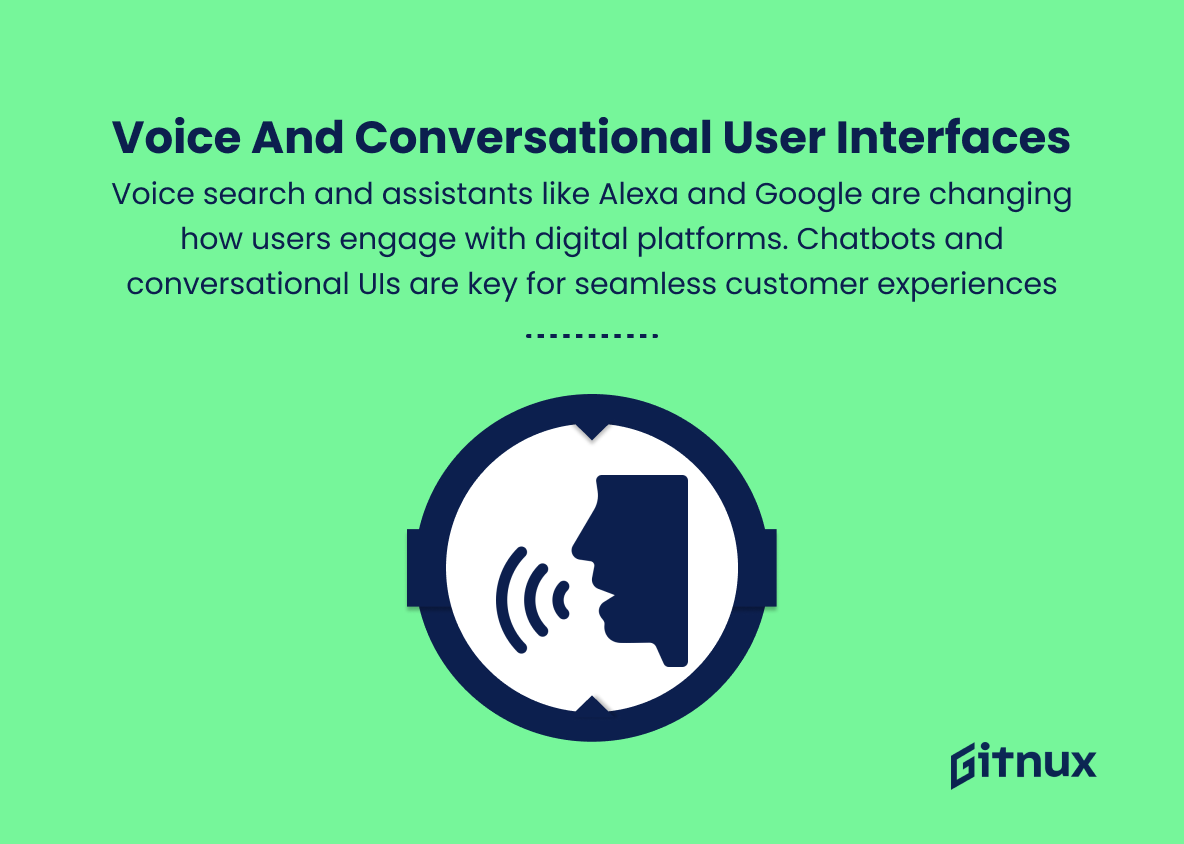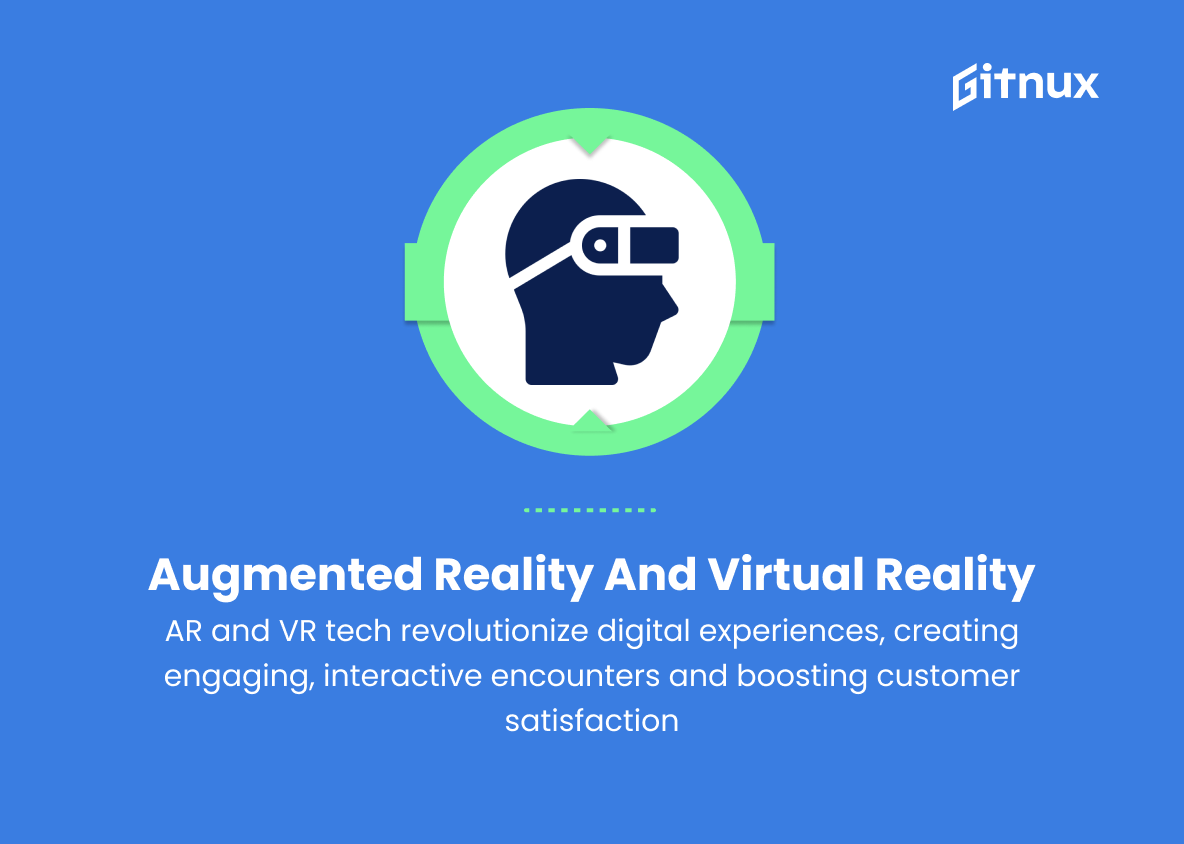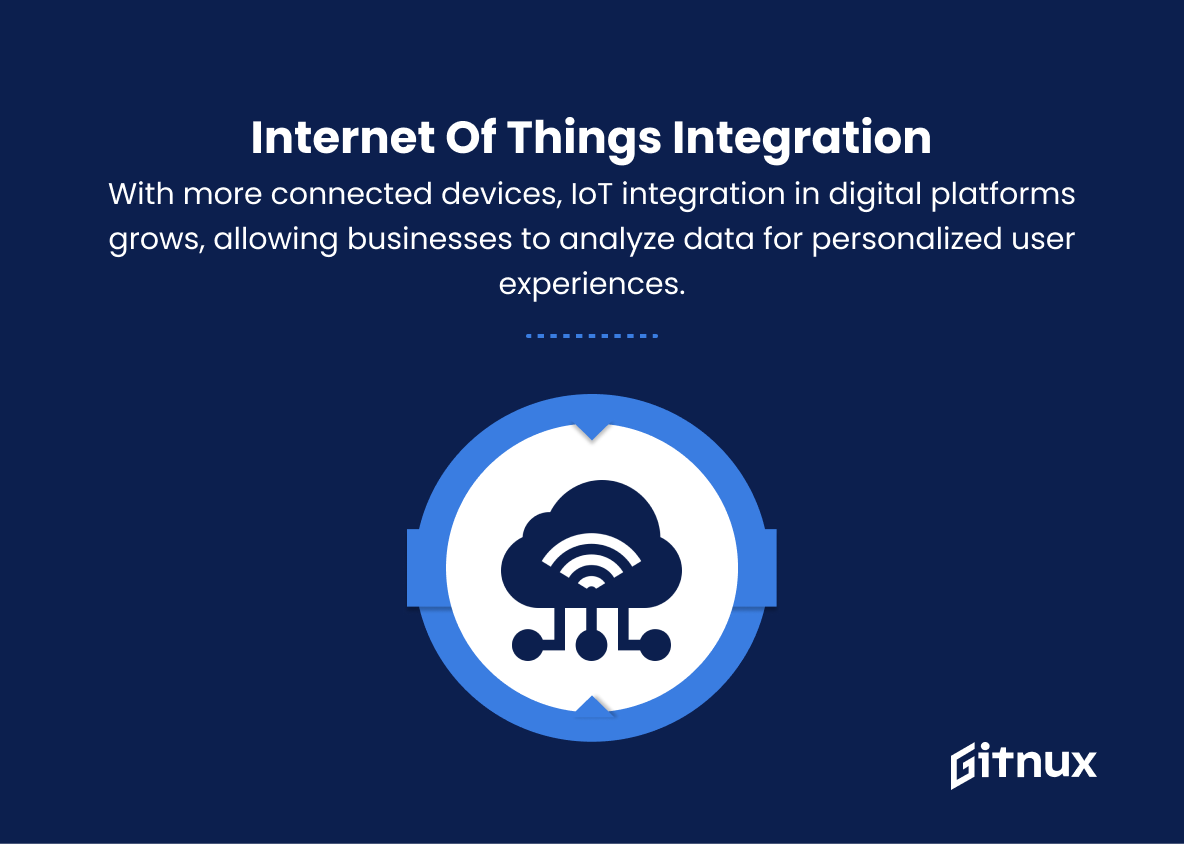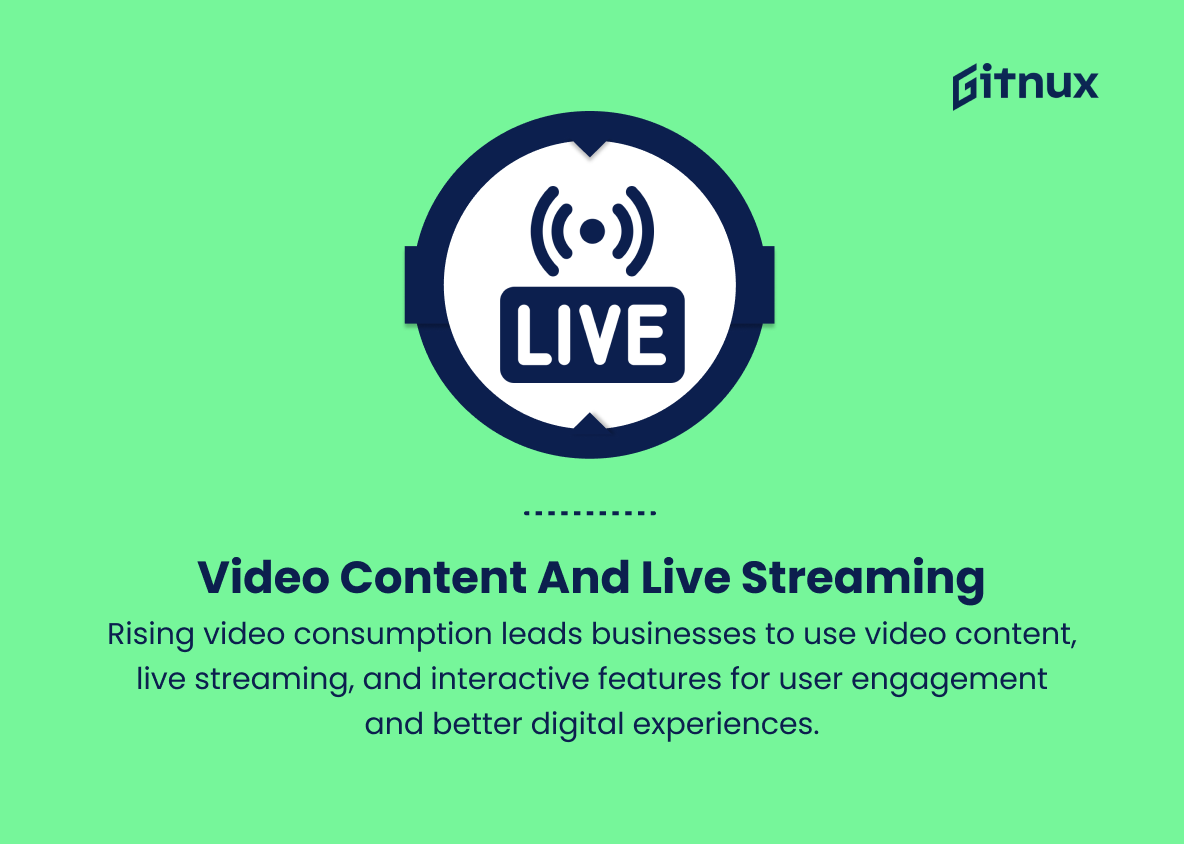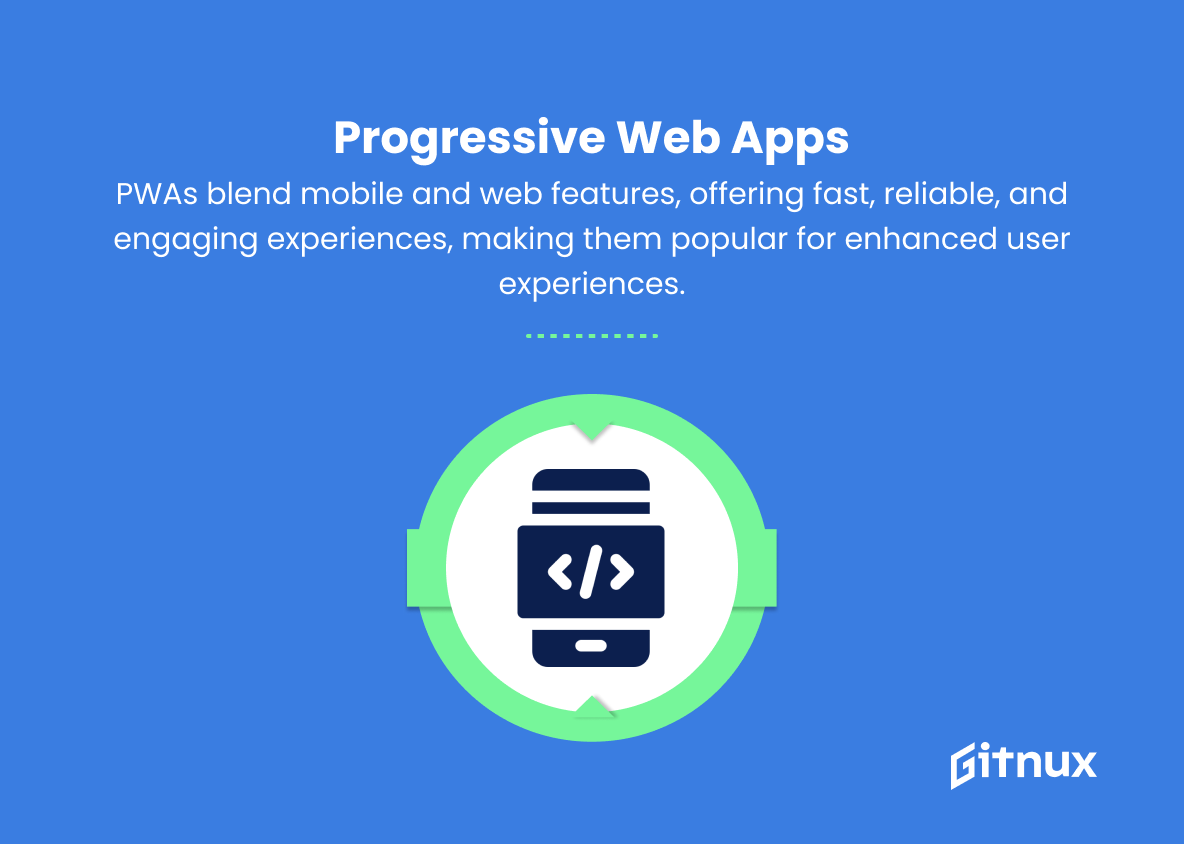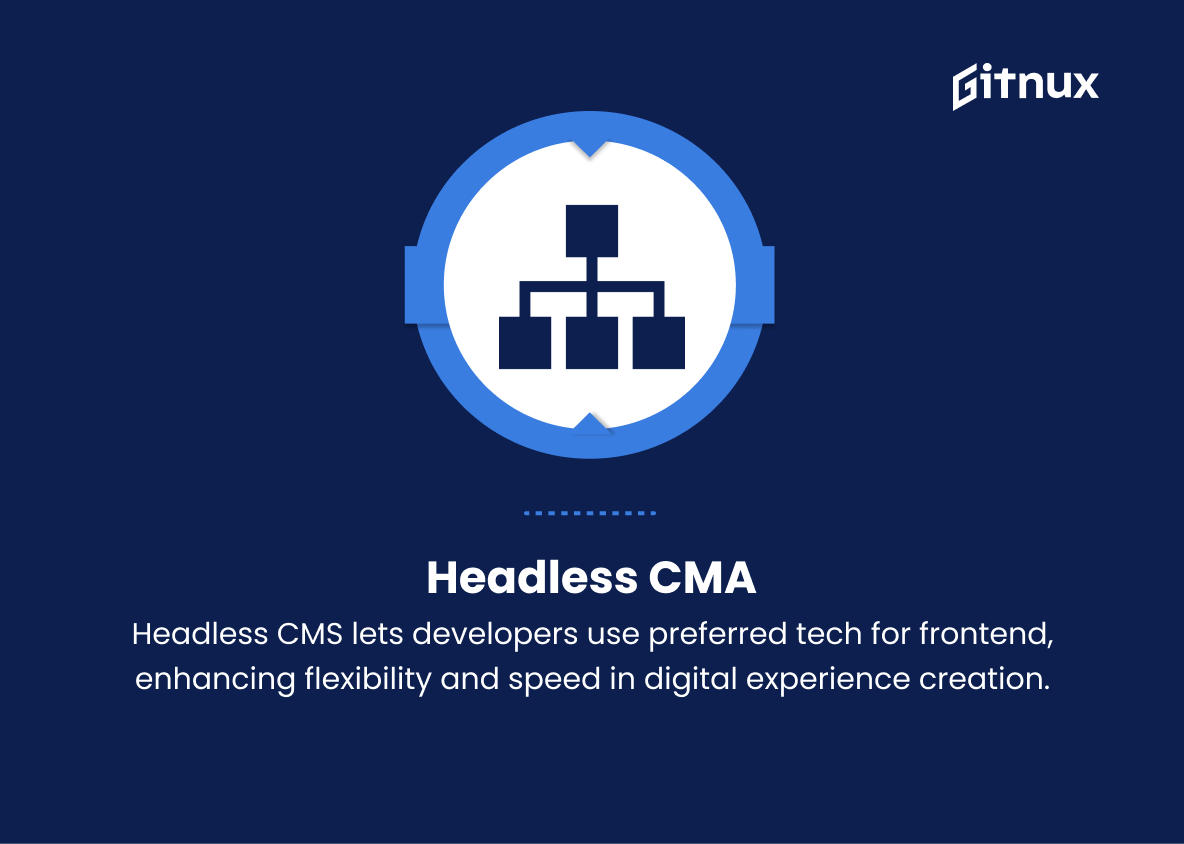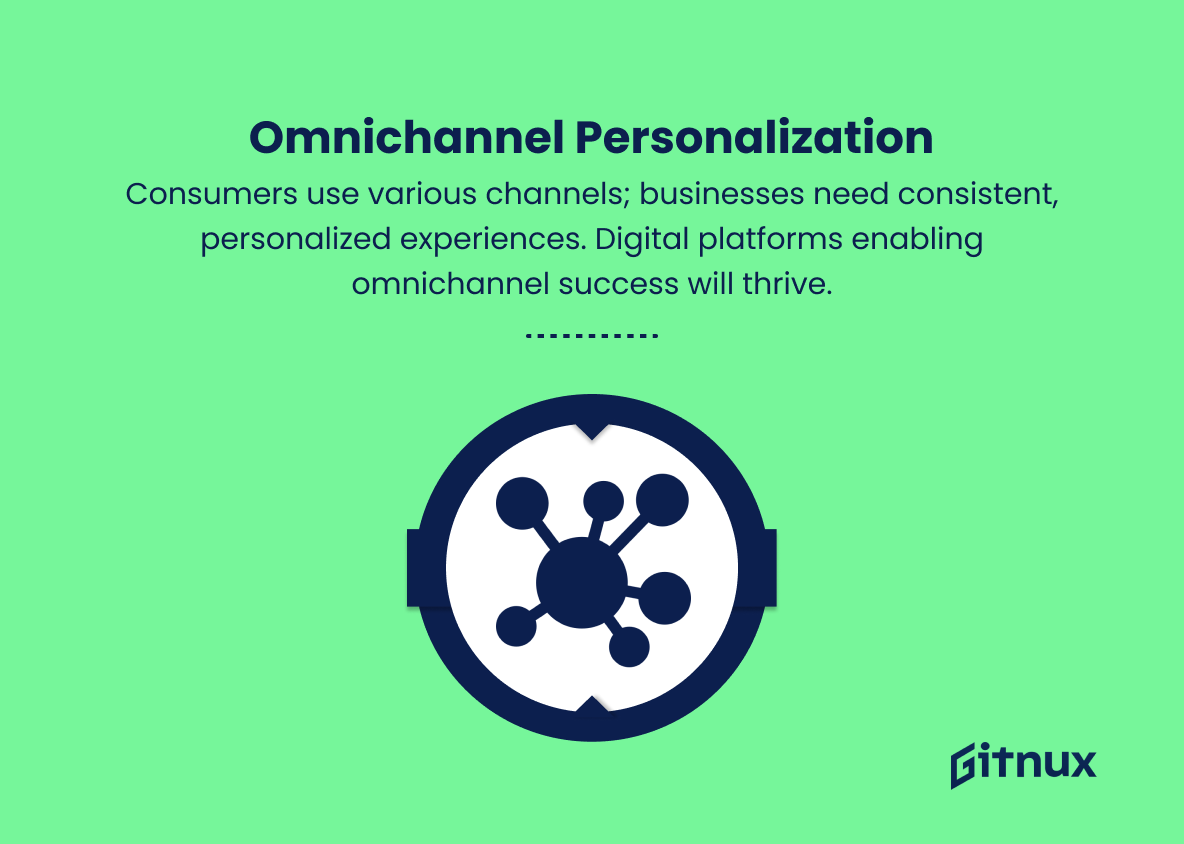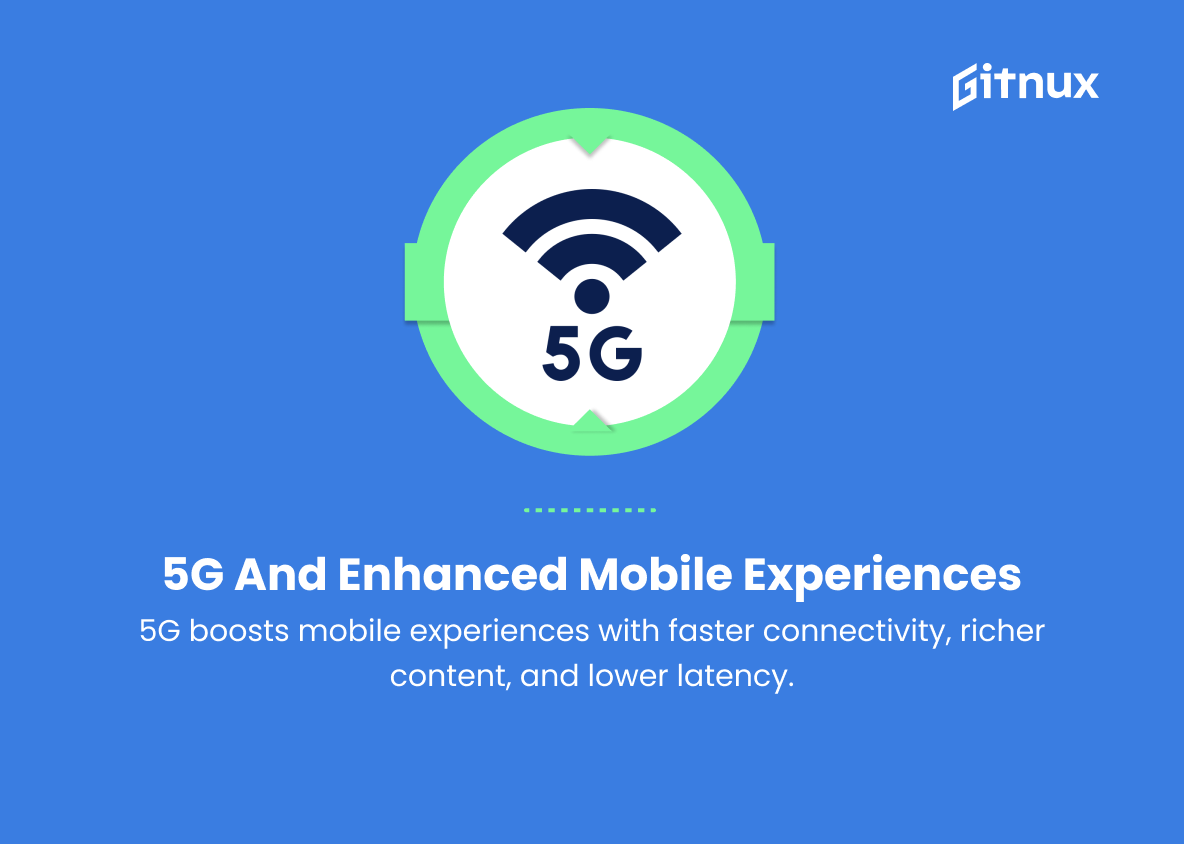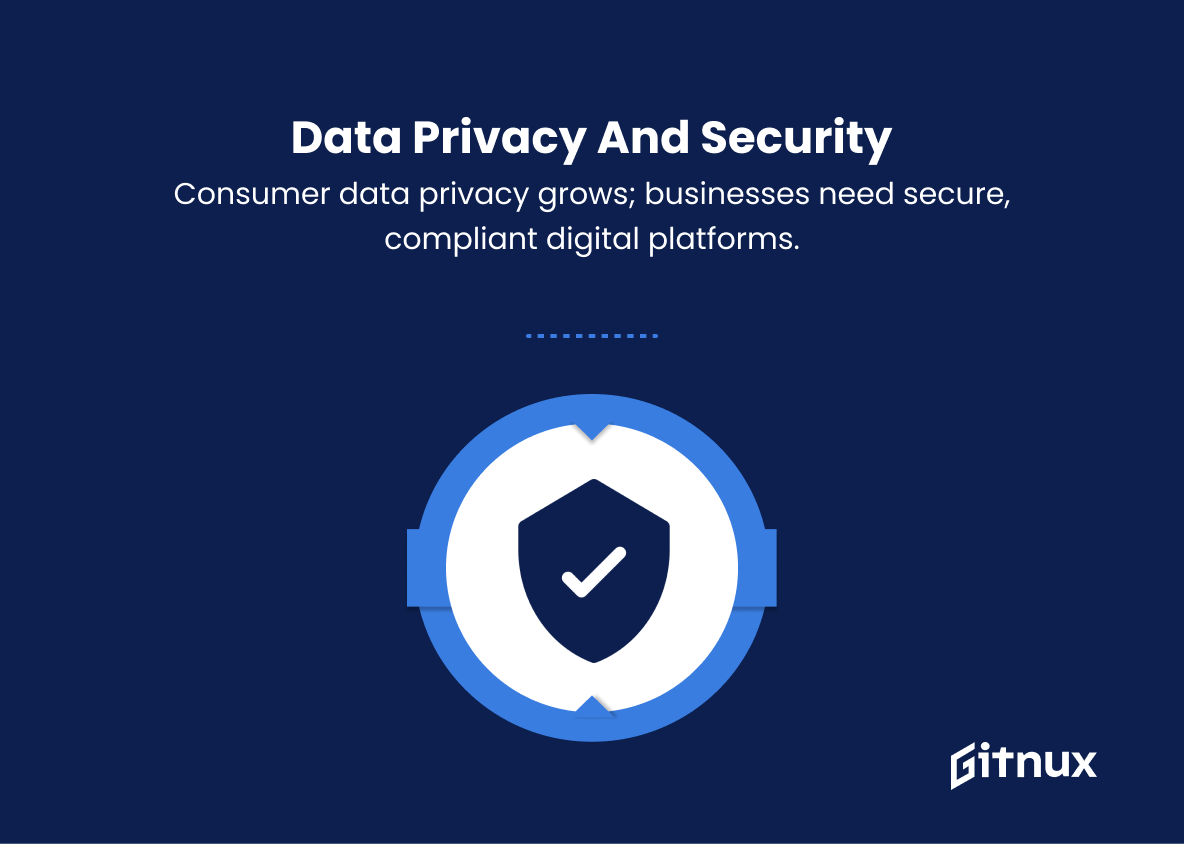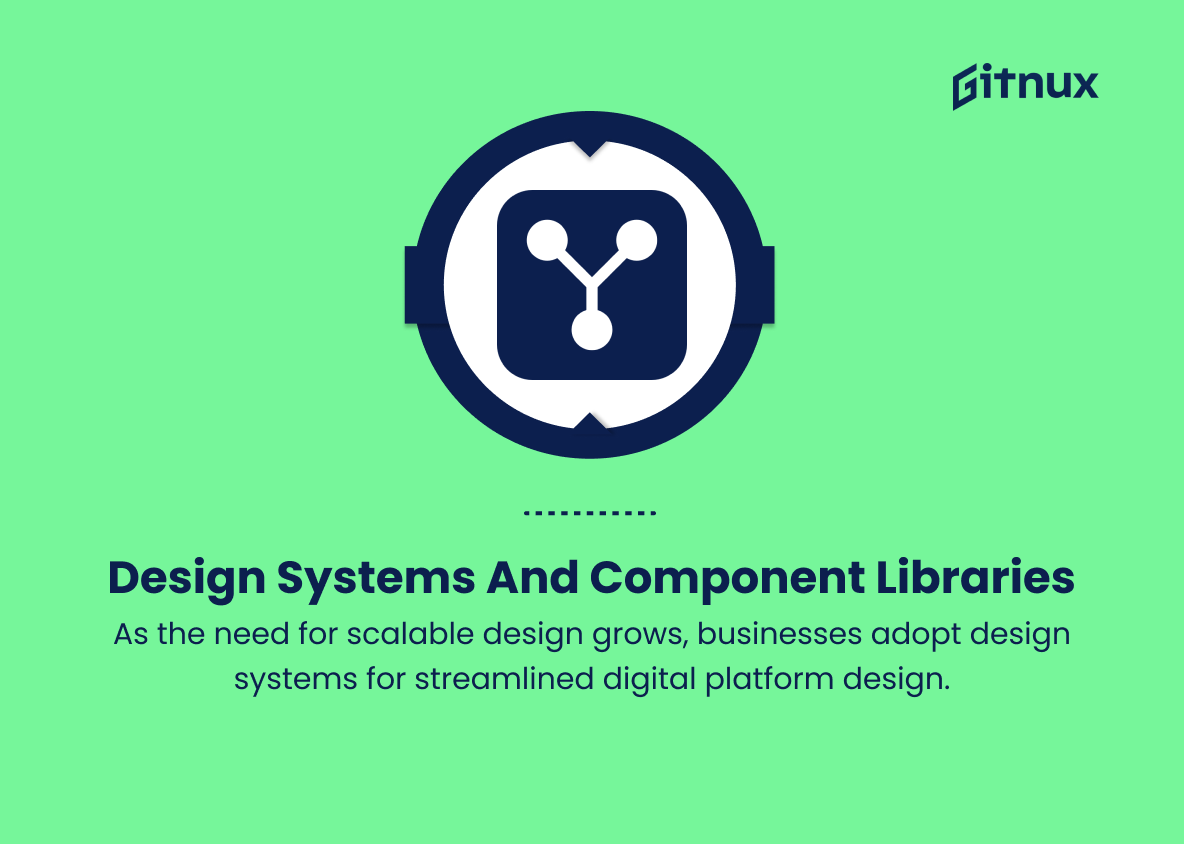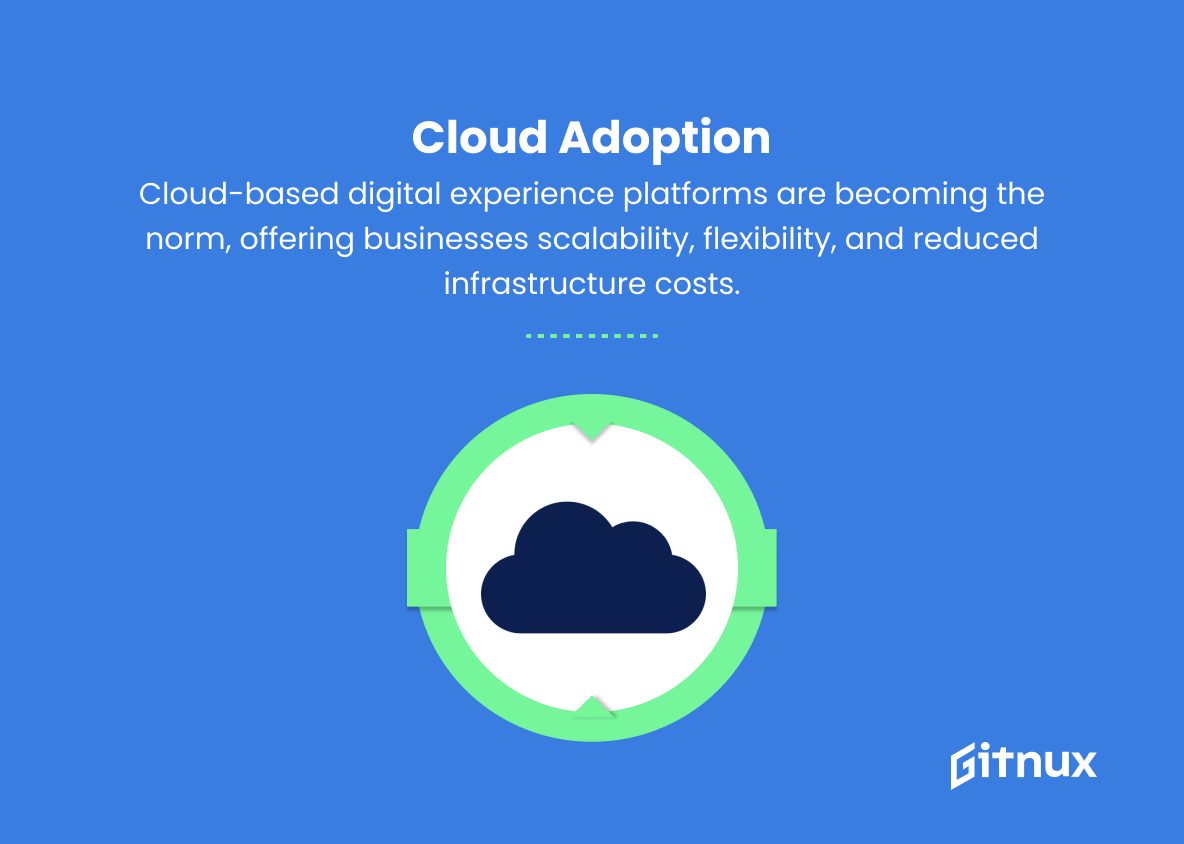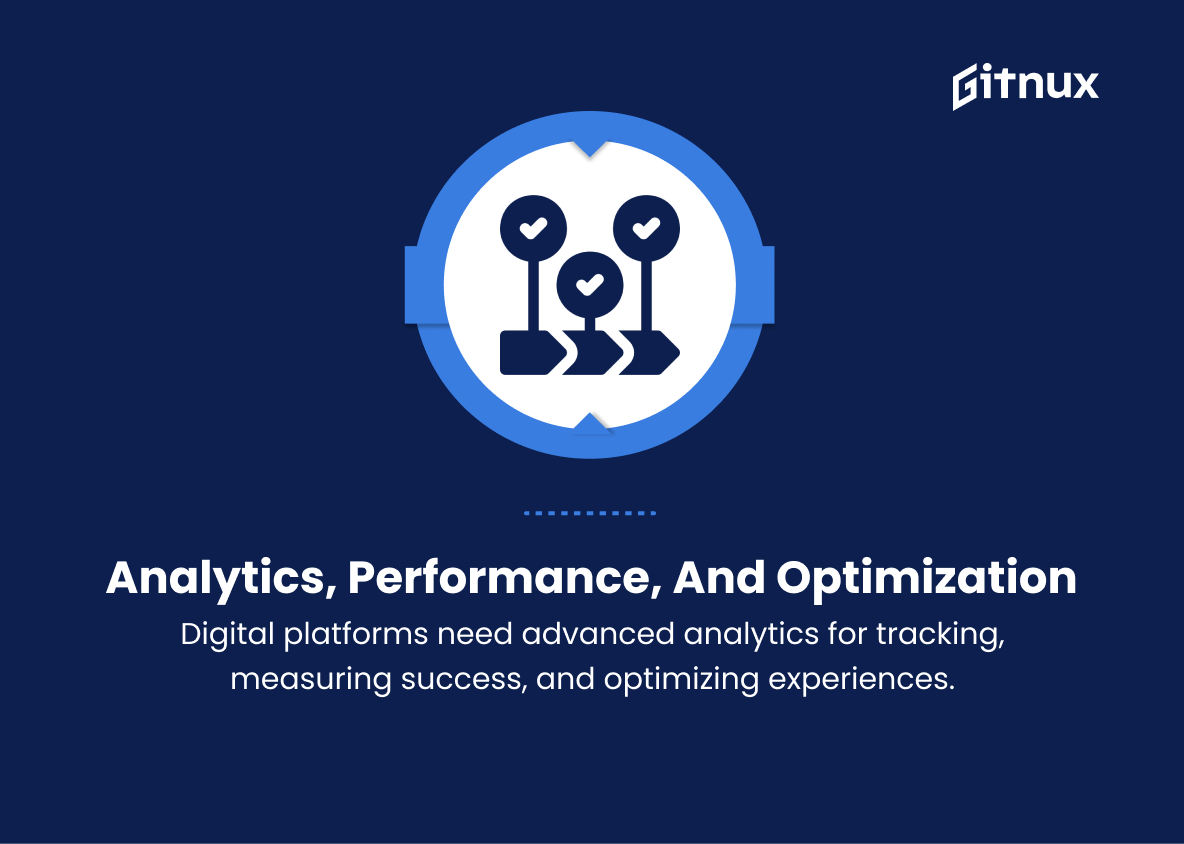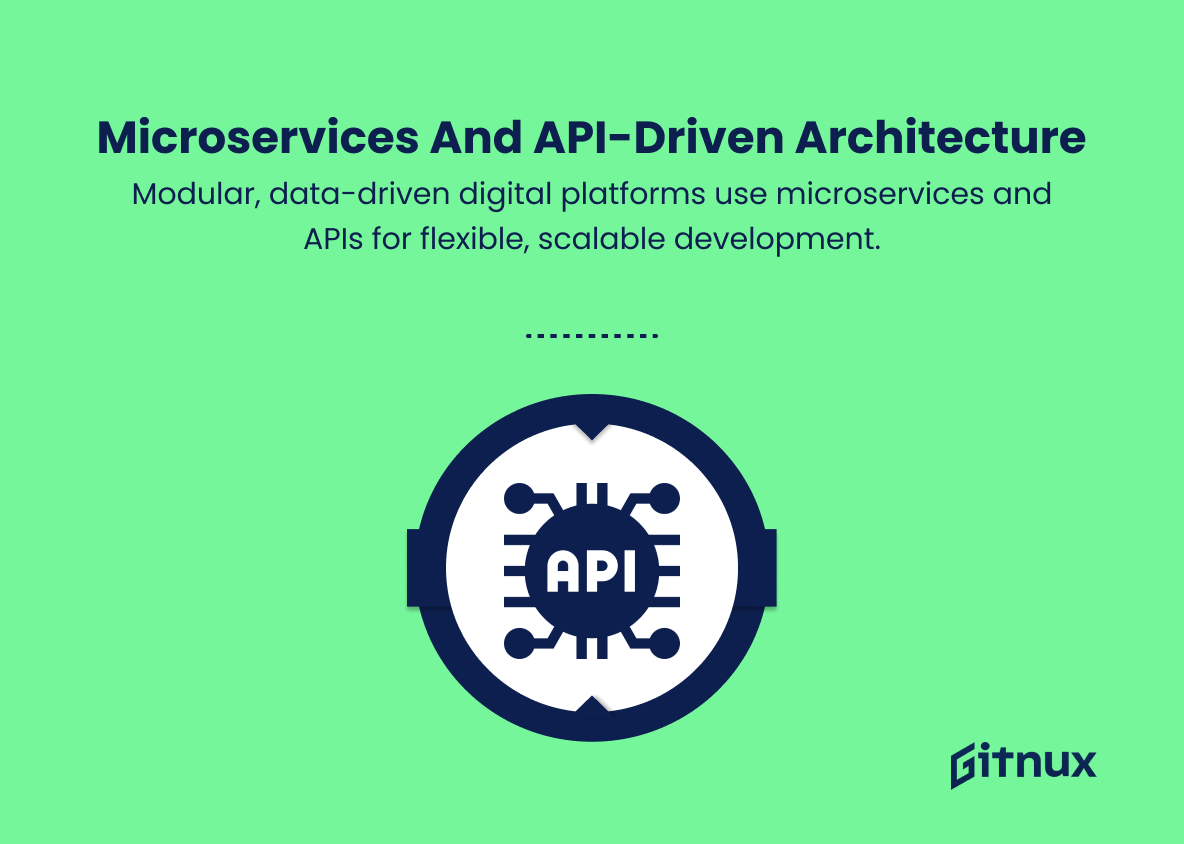In today’s technology-driven world, digital experience platforms (DXP) have emerged as a crucial component of business growth and customer engagement. As more organizations shift their focus towards providing seamless and personalized experiences to their audiences, staying up-to-date with the latest DXP trends becomes paramount.
This blog post delves into the current digital experience platform trends that are shaping the future of customer interactions and redefining the boundaries of digital innovation for companies worldwide. Join us as we explore how these trends are transforming businesses and setting new benchmarks in customer satisfaction and loyalty.
Top Digital Experience Platform Trends
1. Artificial Intelligence (AI) and Machine Learning
AI-powered tools and machine learning algorithms continue to advance, providing businesses with personalized and optimized content, enhancing search capabilities, and making data-driven decisions.
2. Voice and Conversational User Interfaces (UI)
The growing use of voice search and voice assistants (Alexa, Google Assistant, etc.) are shaping the way users interact with digital platforms. Conversational UIs and chatbots are also becoming pivotal in providing seamless customer experiences.
3. Augmented Reality (AR) and Virtual Reality (VR)
AR and VR technologies are revolutionizing the way digital experiences are delivered. These immersive technologies enable businesses to create engaging and interactive experiences for users, enhancing customer satisfaction.
4. Internet of Things (IoT) Integration
As connected devices proliferate, IoT integration with digital experience platforms will increase, enabling businesses to collect and analyze vast amounts of data to provide personalized user experiences.
5. Video Content and Live Streaming
Video consumption is on the rise, and as a result, businesses are increasingly utilizing video content, live streaming and interactive video features to engage users and enhance digital experiences.
6. Progressive Web Apps (PWAs)
PWAs offer a blend of mobile and web capabilities, providing users with a fast, reliable, and engaging experience. PWAs are becoming increasingly popular as companies leverage them to deliver a better overall user experience.
7. Headless CMA
headless content management system (CMS) allows developers to utilize their preferred technologies and frameworks for frontend development while managing content seamlessly on the backend. This decoupled architecture enables greater flexibility and speed when creating digital experiences.
8. Omnichannel Experience and Personalization
Consumers now use multiple channels to engage with brands, and businesses must deliver consistent and personalized experiences across all touchpoints. Digital experience platforms that enable smooth omnichannel experiences will thrive.
9. 5G and Enhanced Mobile Experiences
With the rollout of 5G networks, faster and more reliable mobile connectivity will enable digital experience platforms to deliver improved mobile experiences, with richer content, faster load times, and reduced latency.
10. Data Privacy and Security
Consumers increasingly value data privacy, and businesses must prioritize building trust and ensuring compliance with data protection regulations. Digital experience platforms will need to integrate advanced security and privacy features to meet consumer and regulatory expectations.
11. Design Systems and Component Libraries
As the need for scalable, reusable, and consistent design elements grows, more businesses adopt design systems and component libraries to streamline their digital experience platform design processes.
12. Cloud Adoption
Cloud-based digital experience platforms are becoming the norm, offering businesses scalability, flexibility, and reduced infrastructure costs.
13. Analytics, Performance, and Optimization
Digital experience platforms will need to offer advanced analytics and performance monitoring tools to help businesses track engagement, measure success, and continually optimize their digital experiences.
14. Microservices and API-Driven Architecture
As digital experience platforms become more modular and data-driven, microservices and API-driven architectures will further streamline product development and enable greater flexibility and scalability.
Implications
The rapid advancement of artificial intelligence (AI) and machine learning is revolutionizing digital experience platforms by enabling personalized, optimized content, and data-driven decision-making. This is complemented by the rise in voice and conversational user interfaces (UIs) and chatbots that facilitate seamless customer experiences.
Simultaneously, AR and VR technologies, IoT integration, and video content creation are transforming how interactive experiences are delivered, analyzed, and consumed. Progressive Web Apps (PWAs), headless CMS, and omnichannel personalization further enhance user experiences by offering flexible and consistent touchpoints.
Meanwhile, the advent of 5G networks and data privacy concerns create new opportunities and challenges for digital experience platforms. To ensure longevity, digital experience platforms need to invest in design systems, component libraries, cloud adoption, and advanced analytics features.
Finally, microservices and API-driven architecture allows for a more streamlined product development process, catering to the growing demand for flexibility and scalability.
Conclusion
In conclusion, the landscape of Digital Experience Platforms (DXPs) continues to evolve, with innovative trends shaping the way businesses and consumers interact with one another. By embracing these trends such as personalization, AI-driven analytics, progressive web applications, headless platforms, and agile marketing approaches, companies are positioning themselves for success in creating engaging, responsive and customer-centric digital experiences.
As we move forward, businesses that adapt and stay abreast of these emerging trends will undoubtedly benefit from higher user satisfaction, amplified online presence, and sustainable growth in a rapidly advancing digital world.
